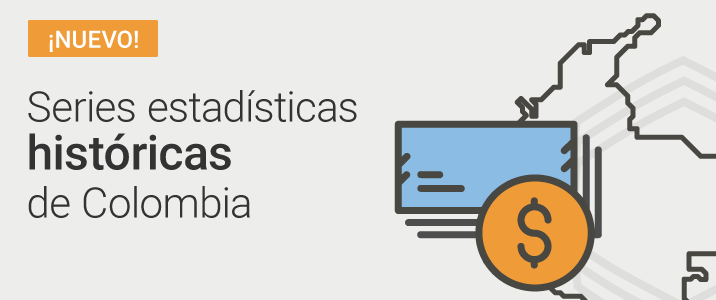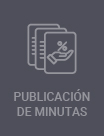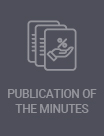School Vouchers, Labor Markets and Vocational Education
La serie Borradores de Economía es una publicación de la Subgerencia de Estudios Económicos del Banco de la República. Los trabajos son de carácter provisional, las opiniones y posibles errores son responsabilidad exclusiva del autor y sus contenidos no comprometen al Banco de la República ni a su Junta Directiva.
The series Borradores de Economía (Working Papers on Economics) contributes to the dissemination and promotion of the work by researchers from the institution. On multiple occasions, these works have been the result of collaborative work with individuals from other national or international institutions. This series is indexed at Research Papers in Economics (RePEc).
The opinions contained in this document are the sole responsibility of the authors and do not commit Banco de la República or its Board of Directors
ABSTRACT
We provide evidence on the long-run impact of vouchers for private secondary schools, evidence collected twenty years after students applied for the vouchers. Prior to the voucher lottery, students applied to either an academic or vocational secondary school, an important mediating factor in the vouchers’ impacts. We find strong tertiary education and labor market effects for those students who applied to vocational schools with almost no impact on those who applied to academic schools. The labor market gains for vocational students are strongest at the top of the distribution and null at the bottom of the distribution. We find additional longrun impacts on consumption, and teen-age fertility. The expected net present value of benefits to participants and to taxpayers was large and positive implying that the program was welfare improving unless net externalities were large and negative.





















































